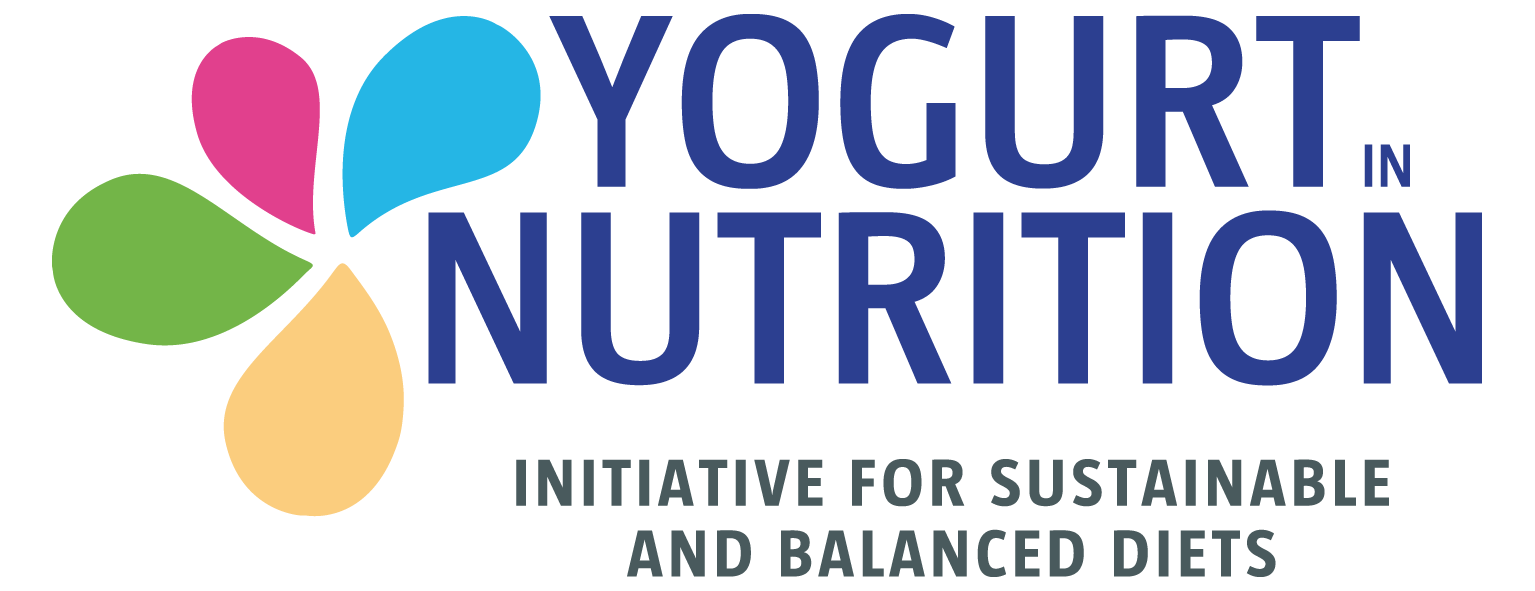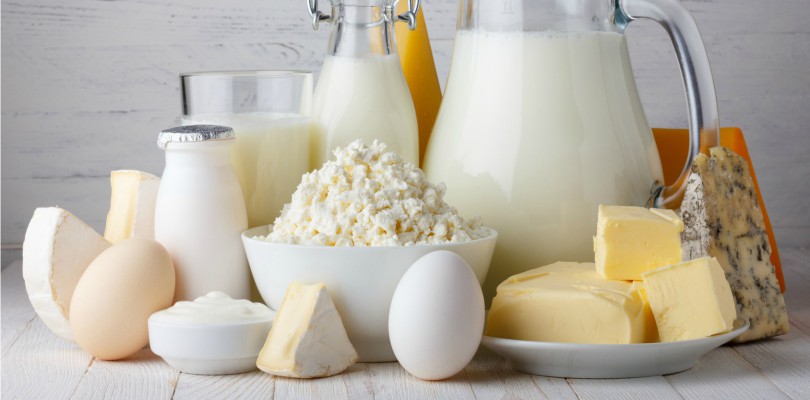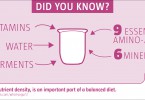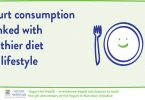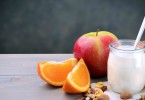Foods of animal origin, such as meat, poultry, fish, seafood, eggs and milk contain lots of vitamin B12, essential for our neurological functions and growth of red blood cells. Many people suffer from a vitamin B12 deficiency, which is related to neurological and cognitive deficits, stunted growth, congenital malformations and anemia. Vegans, developing countries, pregnant women and older adults show more risk of a deficiency.
Milk and yogurt: essential sources of vitamin B12
The absorption of vitamin B12 from eggs is less than 9%, whereas meat, poultry and fish demonstrate an absorption between 42% and 61%. Milk products, such as yogurt, have the highest absorption of vitamin B12, between 51% and 79%. Vitamin B12 in milk is also considered to be more bioavailable and better absorbed compared to vitamin supplements.
Numerous studies show a positive correlation between milk product consumption, especially milk consumption, and vitamin B12 intake and blood levels. This research indicate that the form of cobalamin found in milk and yogurt appears to be highly bioavailable. Consequently, milk and yogurt are an excellent food source of vitamin B12, and daily consumption can aid in the prevention of deficiencies.
